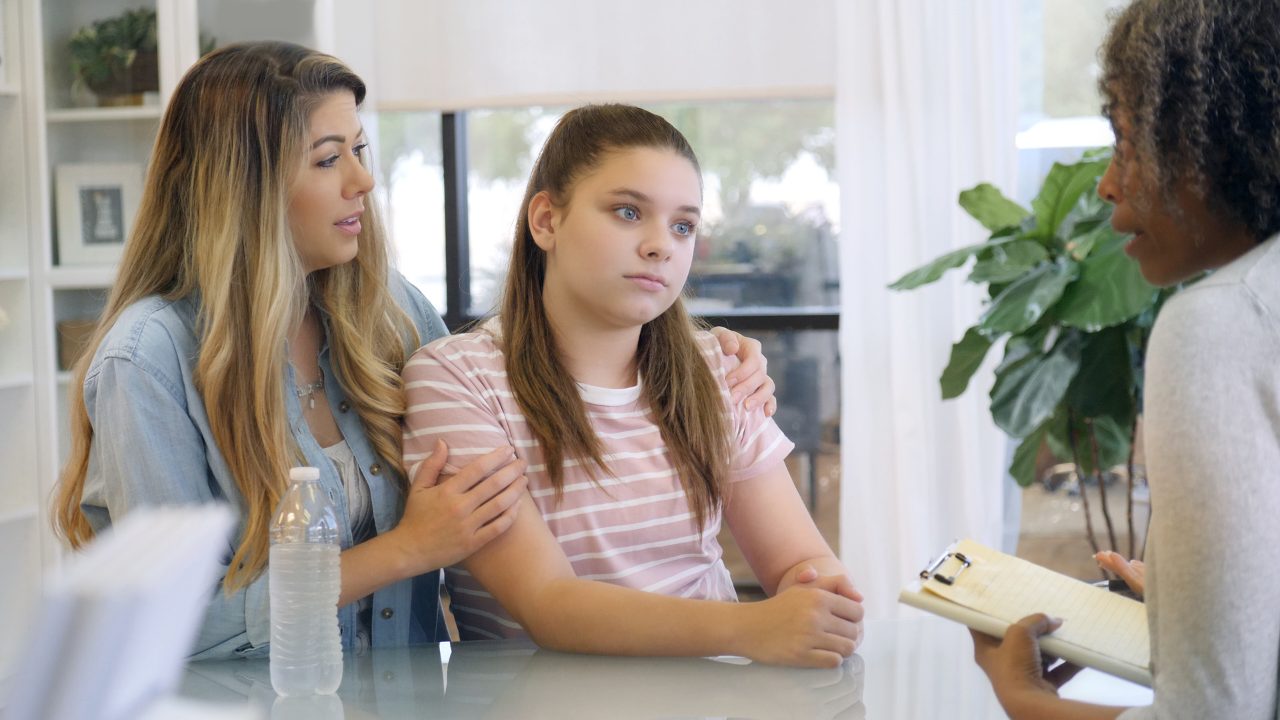5 Tips for Building a Team Approach to Dyslexia Support

We recently had the opportunity to sit down with Dr. Lauren McClenney Rosenstein for an exciting conversation about dyslexia advocacy and the impact dyslexia has on the whole family.
Dr. Lauren is the CEO and founder of Think Dyslexia, LLC. She delivers training and professional development for teachers and administrators at the district level focusing on dyslexia awareness, dyslexia screening, and MTSS (Multiple Tiered Systems of Support).
Dr. Lauren’s passion for educating, advocating, and bringing awareness to dyslexia at the domestic and international levels began in the elementary classrooms of private schools serving students with language-based learning disabilities.
She has been a certified special educator for a decade and earned her Doctor of Education in teaching learning leadership curriculum in 2019 from Northeastern University. She also holds a dual Master’s in Special Education and Elementary Education and a Bachelor’s in Psychology from Syracuse University.
During our conversation with Dr. Lauren, she shared with us the importance of building a team approach to dyslexia support. She saw, firsthand, how dyslexia impacts the whole family. Oftentimes, parents look to teachers for the help they need to get their child an IEP and so much more. Parents need to know where to go and who to turn to in order to get their questions answered and get their children the help they need.
Here are 5 tips for building a team approach to dyslexia support:

1. Find your people.
Be confident in what you're doing. We know as practitioners that what we are doing works. Even if there is only one other teacher in your building who is on the same page as you, find them and work together!
The science of reading is not a political movement. It is not a fad. It is not a trend. Find your people. Believe in what you are doing. And, know that you are making a difference even if it doesn’t feel like it.
2. Share information and resources.
Share books and articles with other educators, families, and caregivers. Consider starting a book group to read and discuss.
Check out this post for some book ideas to use in your book club: Summer Reading List for Parents and Teachers
3. Offer support and tips outside of academics.
Many parents need more than just support with academics. Take a step back and look at things from a holistic point of view. Parents may need help with things like navigating a parent-teacher conference, how to help with homework, or how to deal with meltdowns.
It is not just about remediating dyslexia. There is equal importance to the academics and the social-emotional piece. You can’t just focus on academics.
4. Help students get the testing they need.
There can be so many barriers to parents getting the testing that their child needs. We come across parents all the time who raised questions and concerns about their child in kindergarten but find their child in 6th grade just beginning the testing process.
Work with and for parents to break down the barriers to getting the testing their kids need.
5. Continue to educate others on the language of dyslexia.
We can get so wrapped up in the language of dyslexia that it can begin to feel like we’re being repetitive. Remember, though, others may not be as immersed in the language and knowledge around dyslexia. We need to continually work to explain to others what dyslexia is and what it isn't, what signs to look for, and how to help children.
Learn more about the sometimes contradictory signs of dyslexia here!
Keep plugging along and fighting the fight. The more we can educate the community and the families, the better things will be for the children!
For even more ways to support families on their journey with dyslexia, check out our latest episode of the Together in Literacy podcast with Dr. Lauren McClenney-Rosenstein. If you like what you hear, don’t forget to rate, leave a positive review, and subscribe!
Looking for strategies and resources?
Sign up for our newsletter for news, resources, and freebies delivered straight to your inbox.
We hate SPAM. We will never sell your information, for any reason.
